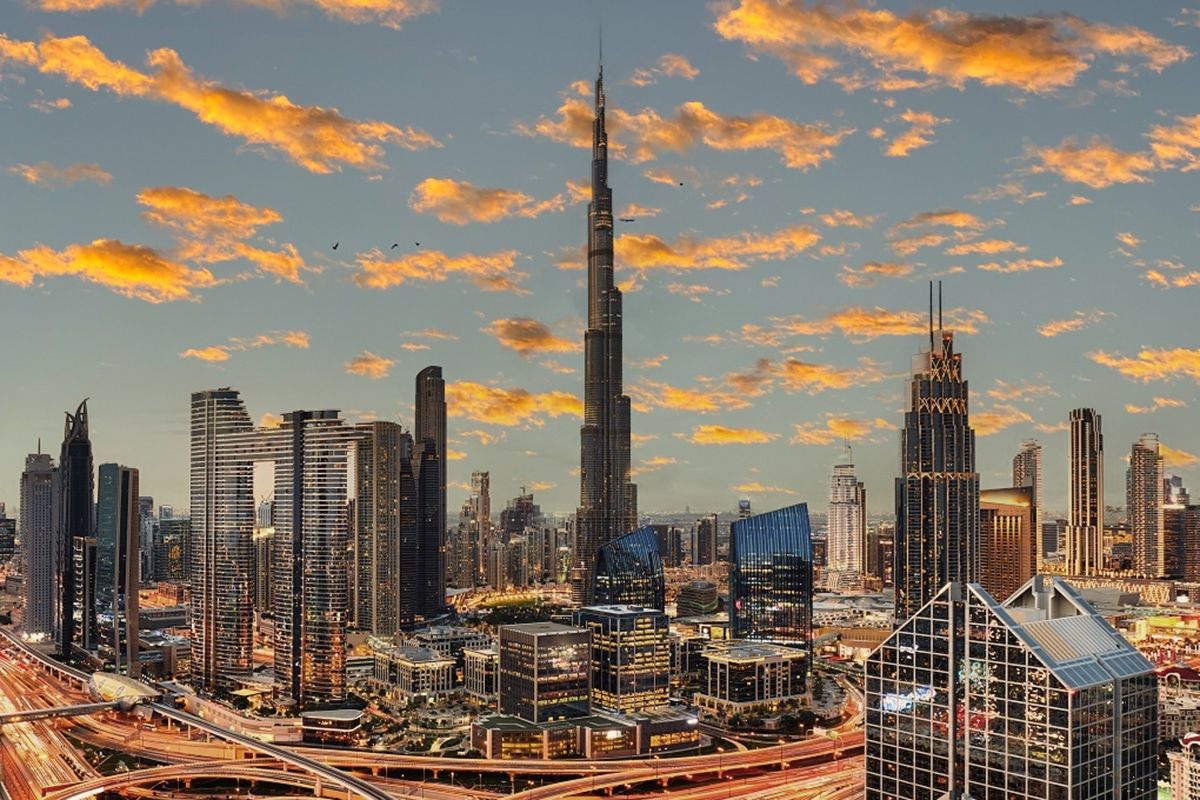Dubai Real Estate Booms as Tenants Shift to Homeownership, Driving $11.54 Billion in August Transactions

Dubai’s real estate sector saw property transactions reach AED 42.4 billion in August, reflecting a shift as tenants increasingly choose to buy homes instead of renting. This change is driven by families and young professionals aiming to build equity, secure stability, and avoid rising rental costs.
According to Engel & Völkers Middle East, secondary market sales rose by 22% during the first eight months of 2025 compared to the same period in 2024, highlighting growing confidence among residents who consider Dubai their permanent home.
In August alone, there were 17,879 property transactions worth AED 42.4 billion, marking a 17% increase in volume and a 12% increase in value year-on-year. Off-plan sales dominated the market with a 25% year-on-year rise, making up nearly three-quarters of all transactions. The secondary market also maintained strong demand from end-users.
Sales of family homes led the growth, with four-bedroom properties increasing by 70% and five-bedroom or larger properties rising by 63% compared to the previous year. Property prices continued their upward trend, reaching AED 1,664 per square foot in August, which is a 16.3% increase year-on-year.
Villas experienced notable price gains in lifestyle communities such as Victory Heights (+37%), Dubai Hills Estate (+26%), and Arabian Ranches (+23.2%). Apartments saw price increases in areas like Jumeirah Village Triangle (+29.3%) and Jumeirah Village Circle (+17%).
Rental yields in Dubai remained strong at 6.76% overall in August, with apartments at 7.12% and villas at 4.92%, outperforming prime markets like London, Singapore, and New York. These yields are supported by Dubai’s growing population, new business formations, and a limited supply of rental properties.
Leasing volumes declined by 4% year-to-date, with new rental contracts falling 14% while renewals increased by 2.6%. The luxury segment, particularly villa leases, saw a significant drop as more families opted to purchase homes rather than rent.
Demand spans both UAE residents and international buyers from Europe, the Middle East, and Asia. Indian, British, German, Egyptian, and Chinese buyers remain active in off-plan purchases, while residents are driving growth in the resale market.
Mortgage financing supports transactions with loan-to-value ratios between 70-80% and interest rates around 3.9%. Off-plan sales are also propelled by cash purchases and developer-backed payment plans.
Dubai’s real estate market is currently influenced by two main factors: strong global investment inflows into off-plan projects and an increasing number of residents transitioning from renting to owning homes. This dual dynamic reflects the city’s international appeal as well as its growing base of long-term residents.
Momentum is expected to continue into the final quarter of 2025, with off-plan sales supported by developer activity, flexible payment plans, and international demand. The resale market benefits from population growth, accessible mortgages, and tenant-to-owner transitions.
The property market in Dubai is evolving from short-term investment cycles to a focus on homeownership for security, lifestyle, and long-term value creation, marking a significant new phase in the city’s real estate development.
)
)
)